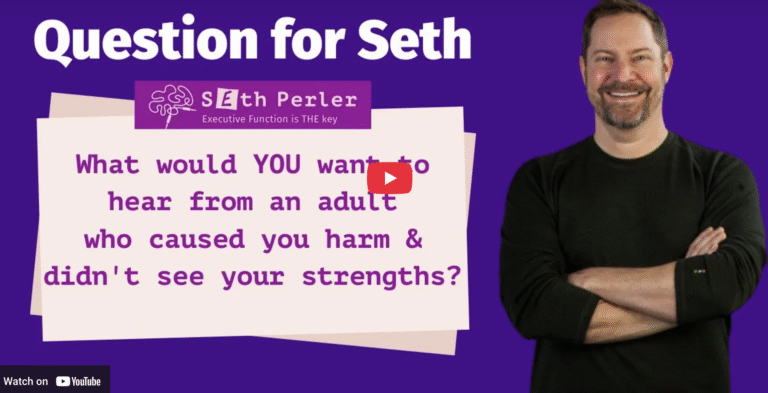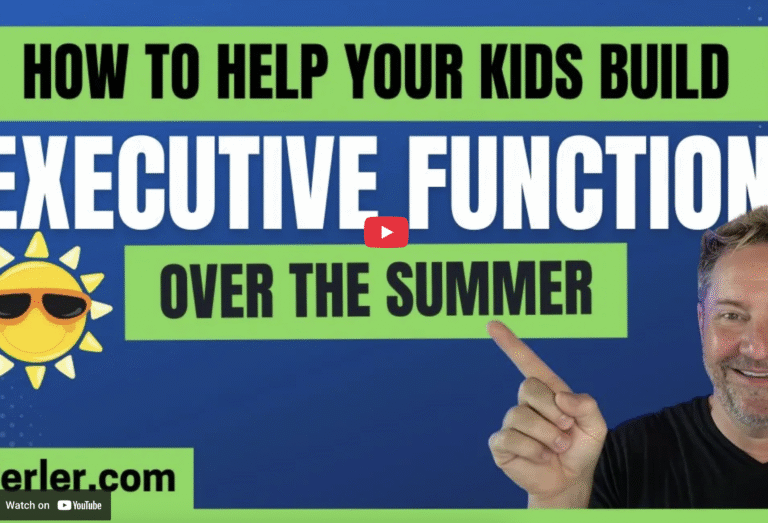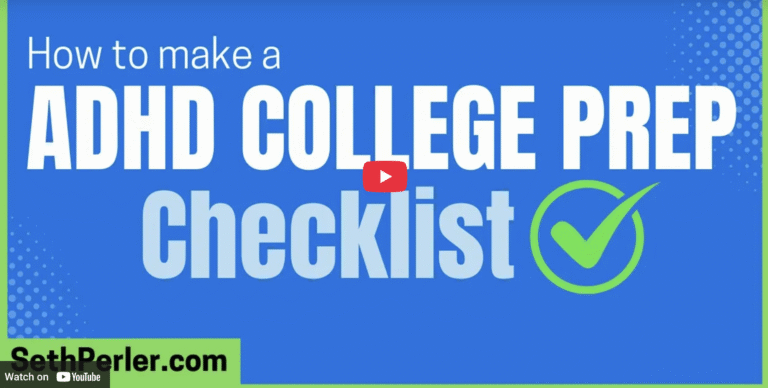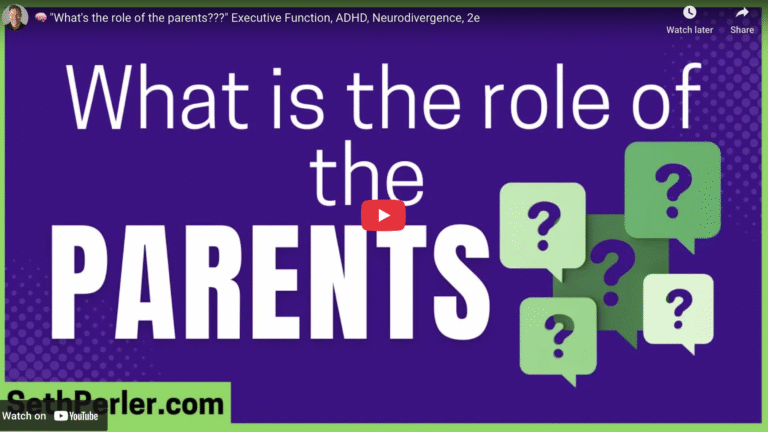Blake Boles & kids who don’t fit in the school “box”
Please CLICK above to share. BONUS VIDEO with Blake Boles: This video is for parents who have a child who really doesn’t fit into the school “box”. Here I talk with my friend Blake Boles, a great guy who is my goto person when I have questions about alternative schooling








